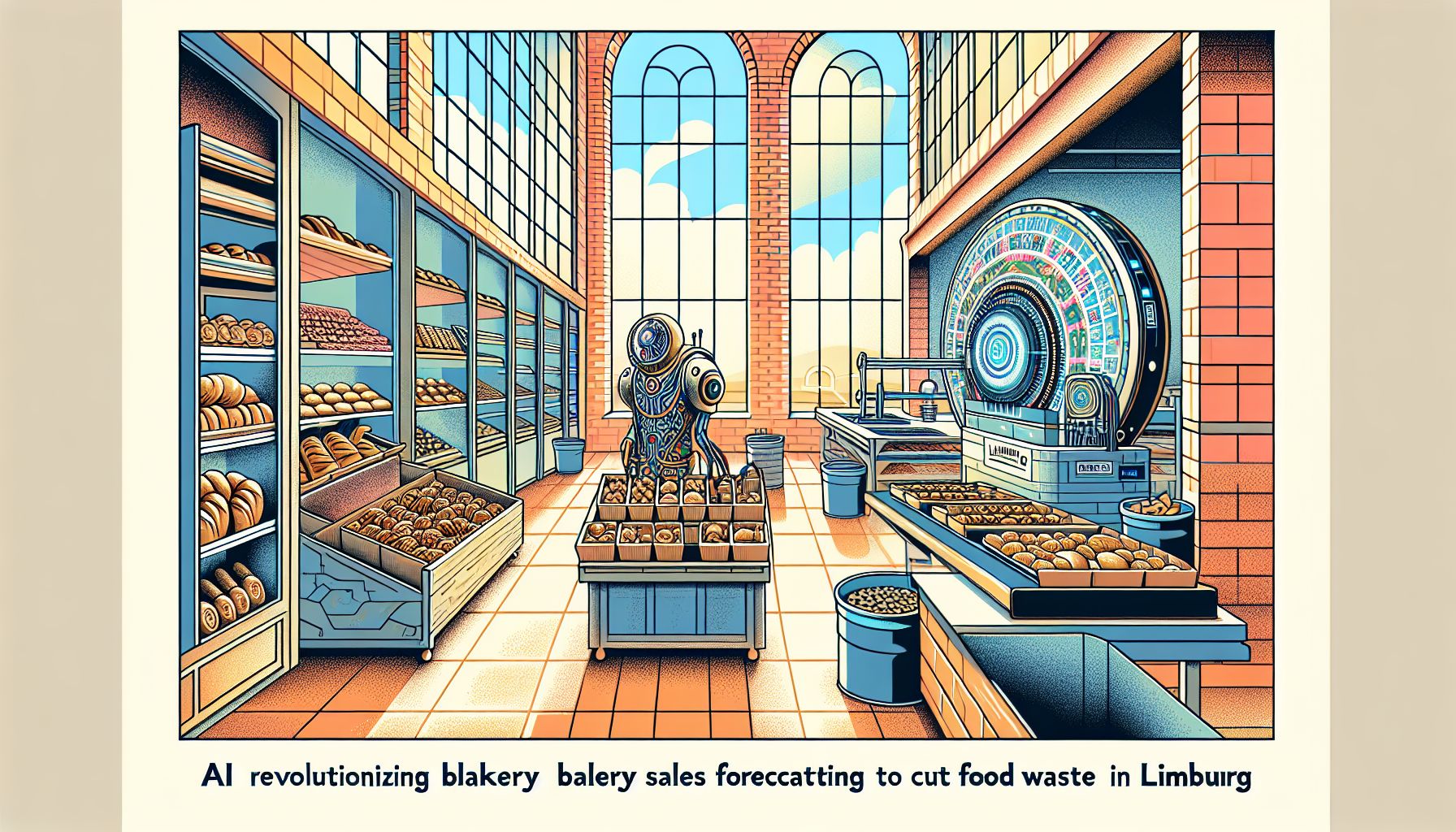AI Revolutionizes Bakery Sales Forecasting to Cut Food Waste

Limburg, Monday, 6 January 2025.
A new AI tool in Limburg helps bakeries predict sales to reduce food waste, aligning with global sustainability goals.
Innovative AI Solution to Combat Daily Waste
The scale of bread waste in the Netherlands is staggering, with approximately 700,000 loaves discarded daily [1]. To address this pressing issue, COMPUTD, an AI consultancy and technology company founded in 2019, has developed an innovative solution that leverages advanced artificial intelligence to analyze historical sales data and provide accurate forecasting for bakeries [1].
Strategic Investment Accelerates Development
LIOF, Limburg’s regional development company, has recently announced a strategic investment in COMPUTD to accelerate the development of their AI forecasting tool [1]. This collaboration, announced in September 2024, aims to transform the bakery sector by enabling more precise production planning and significant reduction in surplus goods [1]. According to Lenn Houbiers, investment manager at LIOF, ‘AI technology can play a crucial role in solving societal problems such as food waste’ [1].
Local Impact and Future Expansion
Under the leadership of CEO Marcell Igneczi, COMPUTD is now poised to enter the next phase of product development, working with leading bakeries in Limburg [1]. The company’s AI solution is specifically designed to optimize production planning and minimize overstock situations, directly contributing to sustainability goals [1]. The LIOF investment will enable COMPUTD to expand its technological capabilities and scale up operations, potentially transforming how bakeries across the region manage their production [1].
Technology Meeting Sustainability Goals
The implementation of AI in inventory management and demand forecasting represents a growing trend in retail optimization [5]. By utilizing advanced algorithms to analyze sales patterns, bakeries can now make more informed decisions about their daily production quantities [1]. This data-driven approach not only helps reduce food waste but also has the potential to improve business profitability while contributing to broader environmental sustainability objectives [GPT].

